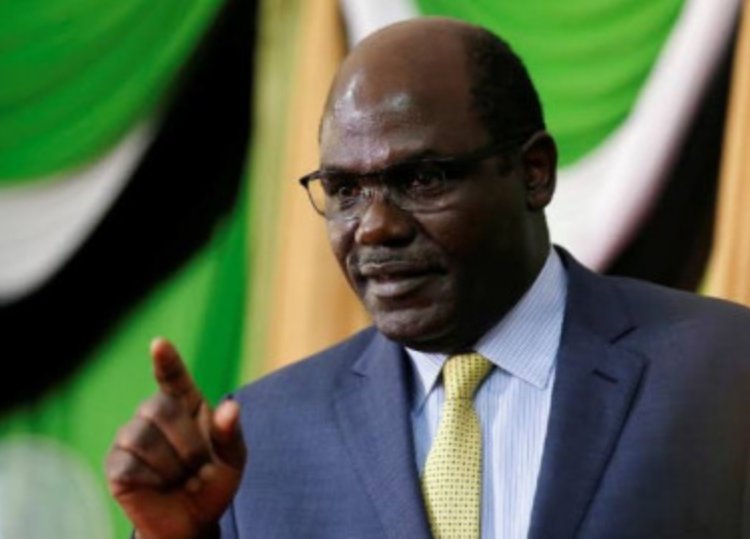Aspirants with Graft Cases Can Still Run for Office, IEBC Chairman Chebukati Says.
People with continuing integrity cases can now run for elected office in the August General Election, according to the Independent Electoral and Boundaries Commission (IEBC).

Based on a 2013 High Court judgement that enabled Uhuru Kenyatta and William Ruto to run for office despite facing charges at the International Criminal Court, the electoral commission has said that it cannot bar anyone from contesting the polls (ICC).
At the time, Mr. Kenyatta and Mr. Ruto were accused of crimes against humanity but were cleared to run for president and vice president, respectively.
The commission claimed in an affidavit that because one is deemed innocent until proven guilty, there is no need to interfere with judicial proceedings.
“The commission understands the court's decision in the case against President Kenyatta and DP Ruto that we must strike a balance between the right of an individual to contest in an election and the presumption of innocence of any accused person,” IEBC’s Director of Legal and Public Affairs Chrispine Owiye swore in the affidavit.
The commission was reacting to a lawsuit filed by activist Okiya Omtatah, who wanted lawmakers with shady backgrounds excluded from participating in the pools.
Allowing the aforementioned candidates to compete for public office, according to Omtatah, is a threat to Kenya's constitutional order, since politicians with a history of corruption would be detrimental to the country's governance and anti-graft efforts if elected.
IEBC The Wafula Chebukati-led agency, on the other hand, claimed that it was the Ethics and Anti-Corruption Commission's (EACC) responsibility to produce integrity records of persons, even if they were insufficient to prevent someone from running.
“We might have the integrity records of an individual but unless it is backed by an order of court or quasi-judicial body, it is not possible to block such candidates from contesting in the election,” stated Owiye.
The latest development comes barely two weeks after the Office of the Director of Public Prosecutions (ODPP) announced that it will not prosecute politicians for graft during the campaign season in order to allow them to focus on wooing voters.
Noordin Haji, the Director of Public Prosecutions, claimed he had put a halt to the approval of corruption files involving politicians and that the files would not be dealt with until after the elections.


























